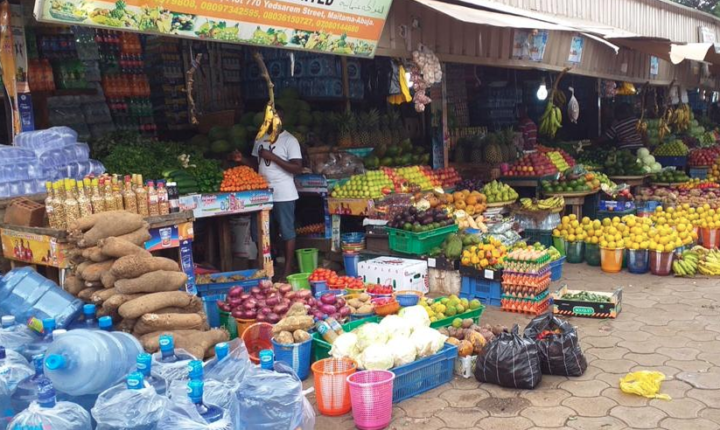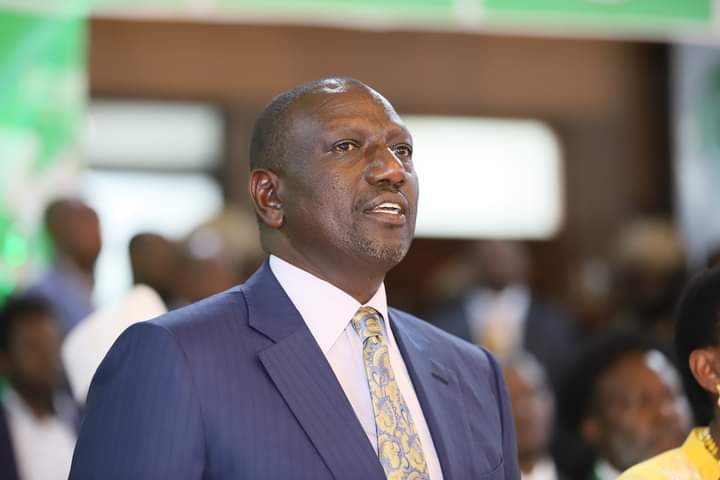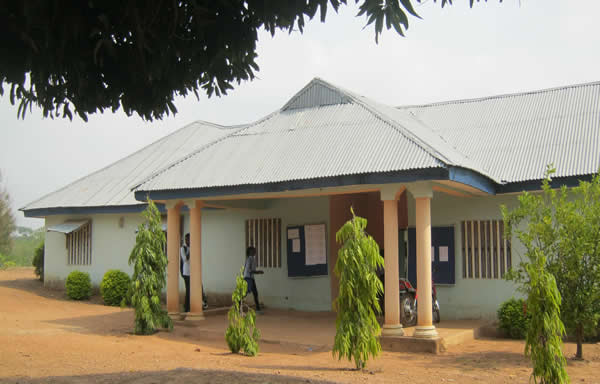The consumer price index (CPI), which measures the rate of change in prices of goods and services, rose to 24.08 percent in July 2023 — up from 22.79 percent in the previous month.
The latest figure is the seventh consecutive rise in the country’s inflation rate this year.
The National Bureau of Statistics (NBS) captured the nation’s inflationary trend in its CPI report for July 2023, released on Tuesday.
The latest inflation figure is the highest in more than 10 years, according to analysis by TheCable Index.
Advertisement
The last time Nigeria’s inflation reached the 24 percent level was in September 2005, when the rate was 24.3 percent.
According to the NBS report, the headline inflation rate rose to 24.08 percent in July 2023, relative to that of the previous (June 2023) rate which was 22.79 percent.
“Looking at the movement, the July 2023 headline inflation rate showed an increase of 1.29 percent points when compared to June 2023 headline inflation rate,” NBS said.
Advertisement
“On a year-on-year basis, the headline inflation rate was 4.44 percent points higher compared to the rate recorded in July 2022, which was 19.64 percent.
“This shows that the headline inflation rate (year-on-year basis) increased in July 2023 when compared to the same month in the preceding year (i.e., July 2022).”
On a month-on-month basis, NBS said the headline inflation rate in July 2023 was 2.89 percent — 0.76 percent higher than the rate recorded in June (2.13 percent).
This means that in July 2023, on average, the general price level was 0.76 percent higher relative to June 2023.
Advertisement
“The percentage change in the average CPI for the twelve-month period ending July 2023, over the average of the CPI for the previous twelve-month period, was 21.92 percent; showing a 5.17 perecnt increase compared to 16.75 percent recorded in July 2022,” the data body said.
PRICES OF BREAD, YAM, EGG, PUSH FOOD INFLATION TO 26.98 PERCENT
The report also said the food inflation rate in July 2023 hit 26.98 perecnt on a year-on-year basis. This was 4.97 percent points higher relative to the rate recorded in the same month last year.
The rise in the food index, NBS said, was caused by increases in prices of oil and fat, bread and cereals, fish, potatoes, yam and other tubers, fruits, meat, vegetable, milk, cheese, and eggs.
Advertisement
“On a month-on-month basis, the food inflation rate in July 2023 was 3.45 percent, this was 1.06 percent higher compared to the rate recorded in June 2023 (2.40 perecnt). The rise in food inflation on a month-on-month basis was caused by increases in prices of bread and cereals, potatoes, yam and other tubers, fish, oil, and fat,” the report reads.
“The average annual rate of food inflation for the twelve-month ending July 2023 over the previous twelve-month average was 24.46 percent, which was a 5.71 perecent points increase from the average annual rate of change recorded in July 2022 (18.75 percent).”
Advertisement
LAGOS, ONDO, BAYELSA RESIDENTS PAID MORE FOR FOOD IN JULY
According to NBS, CPI is weighted by consumption expenditure patterns which differ across states and locations.
Advertisement
This means the weight assigned to a particular food or non-food item may differ from state to state making interstate comparisons of consumption baskets inadvisable and potentially misleading.
However, the report shows that Lagos, Ondo, and Kogi residents paid more for food in the period under review.
Advertisement
“In July 2023, food inflation on a year-on-year basis was highest in Kogi (34.53 percent), Lagos (32.52 percent), and Bayelsa (31.31 perecnt), while Jigawa (20.90 perecnt), Sokoto (21.63 percent), and Kebbi (22.45 percent), recorded the slowest rise in food inflation on a year-on-year basis,” NBS said.
“On a month-on-month basis, however, July 2023 food inflation was highest in Kogi (6.73 percent), Akwa Ibom (5.64 percent), and Bayelsa (4.59 percent), while Taraba (-0.21 percent), Jigawa (0.28 percent), and Yobe (0.90 percent), recorded the slowest rise in inflation.”
Add a comment







